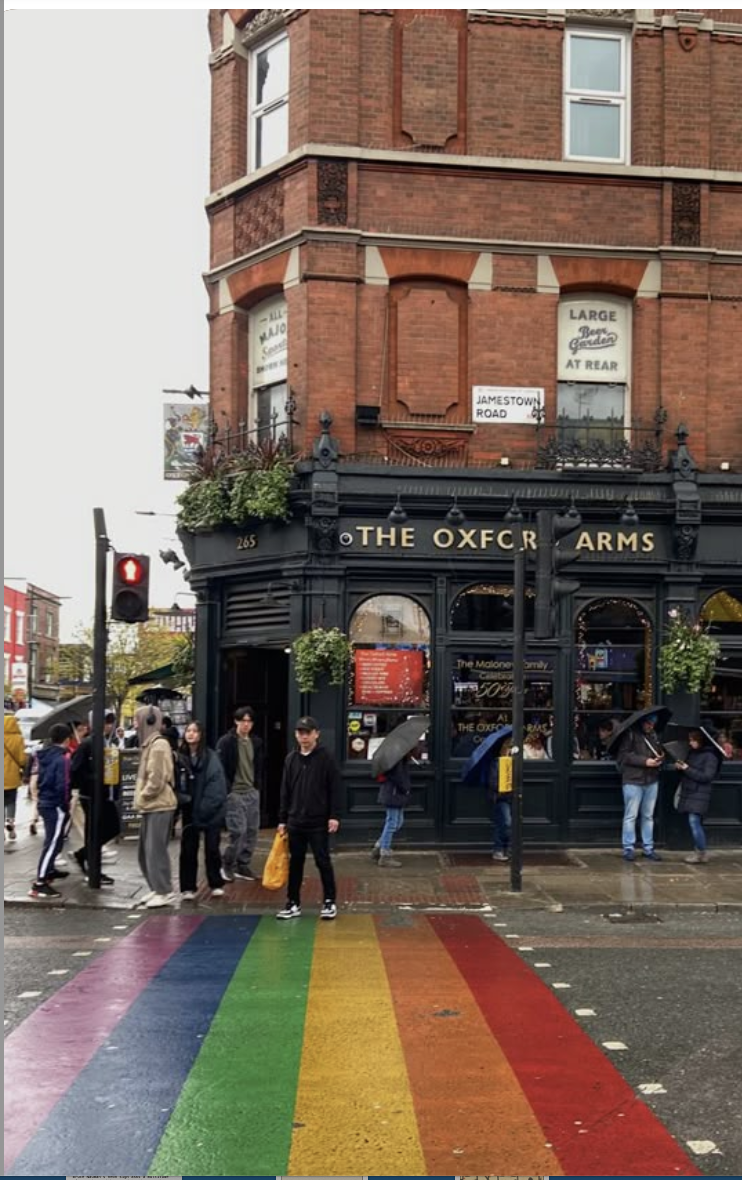Graphic design is a silent but powerful language. Instantaneously recognized, a single graphic is easily digestible. It serves as a branding device for more than your afternoon cuppa at Starbucks or a Ralph Lauren sport shirt. Applied to an ideology and a movement, it simplifies everything it stands for. It leapfrogs over complexities, contradictions, and muffles the noise of rational argument. Most significantly, it conveys an identity and, with that, a corresponding ethos.
Under Constantine, the Chi-Ro—standardized and emblazoned on the official banner of the Roman Empire—was disseminated throughout the known world as understood by Greeks and Romans at the time. Continue Reading



